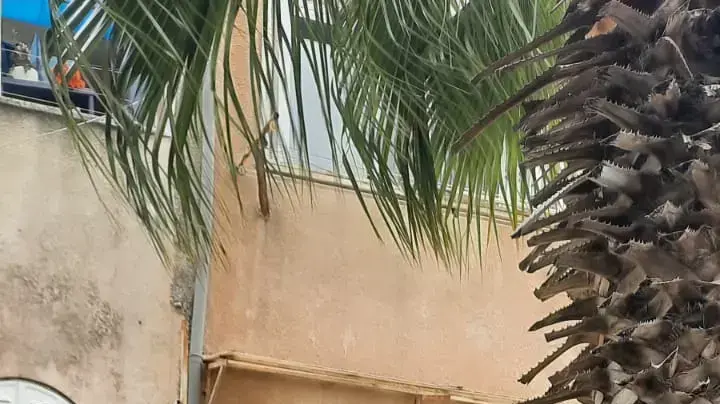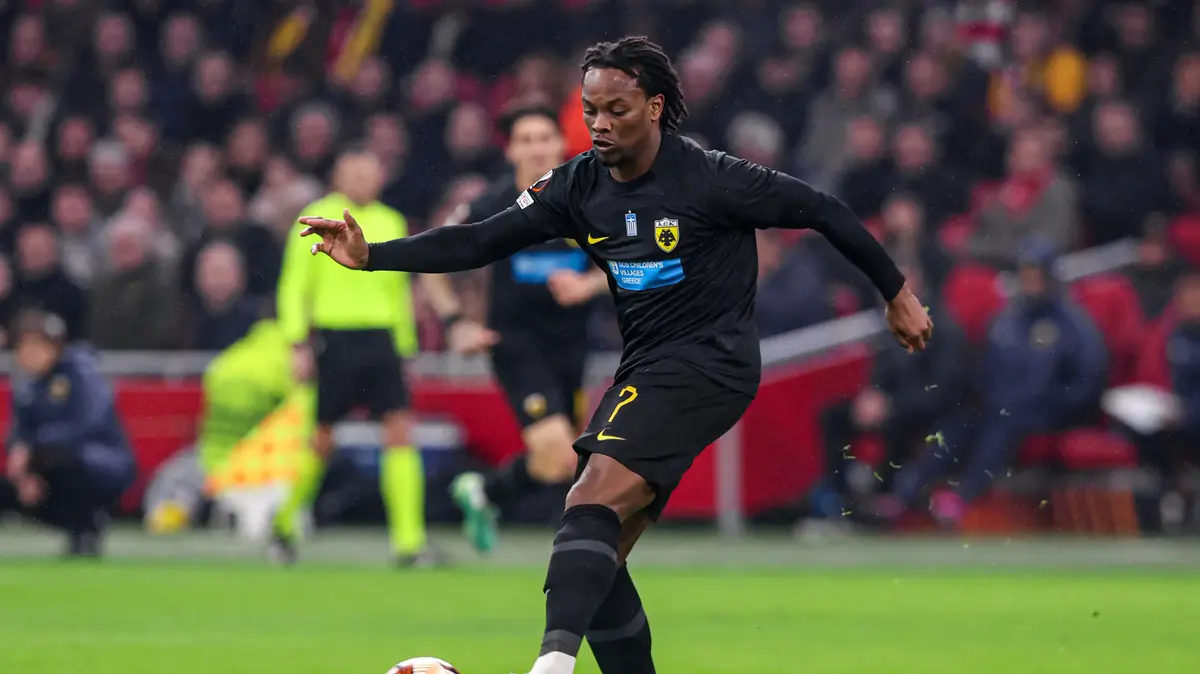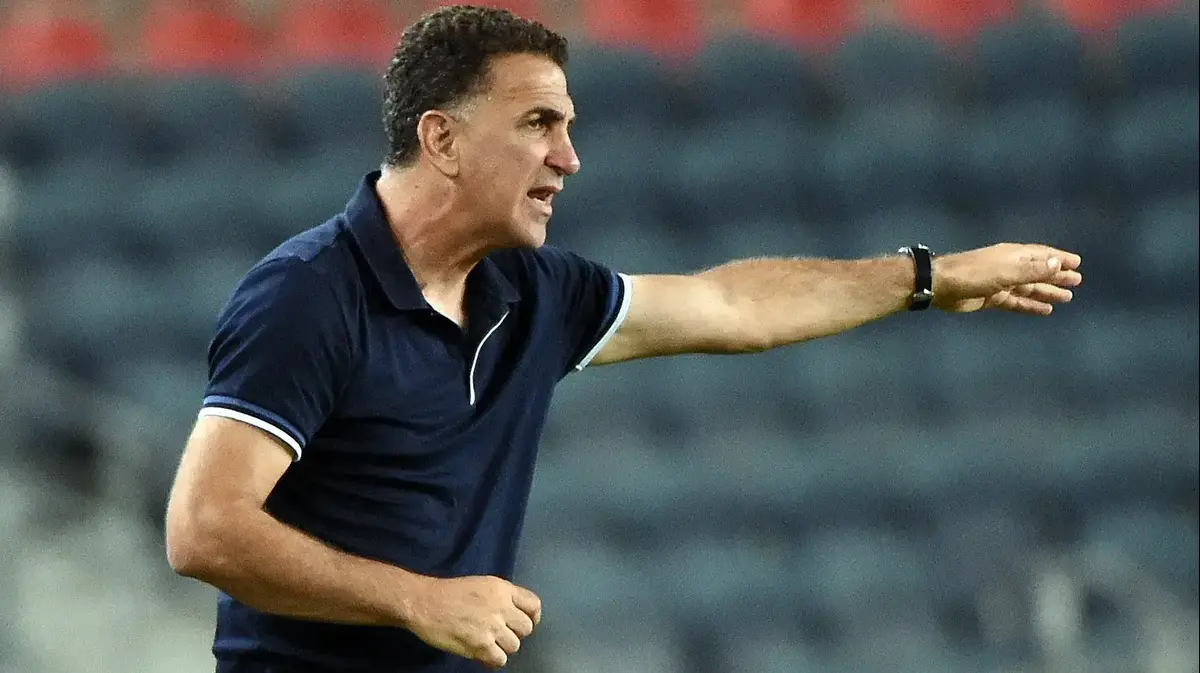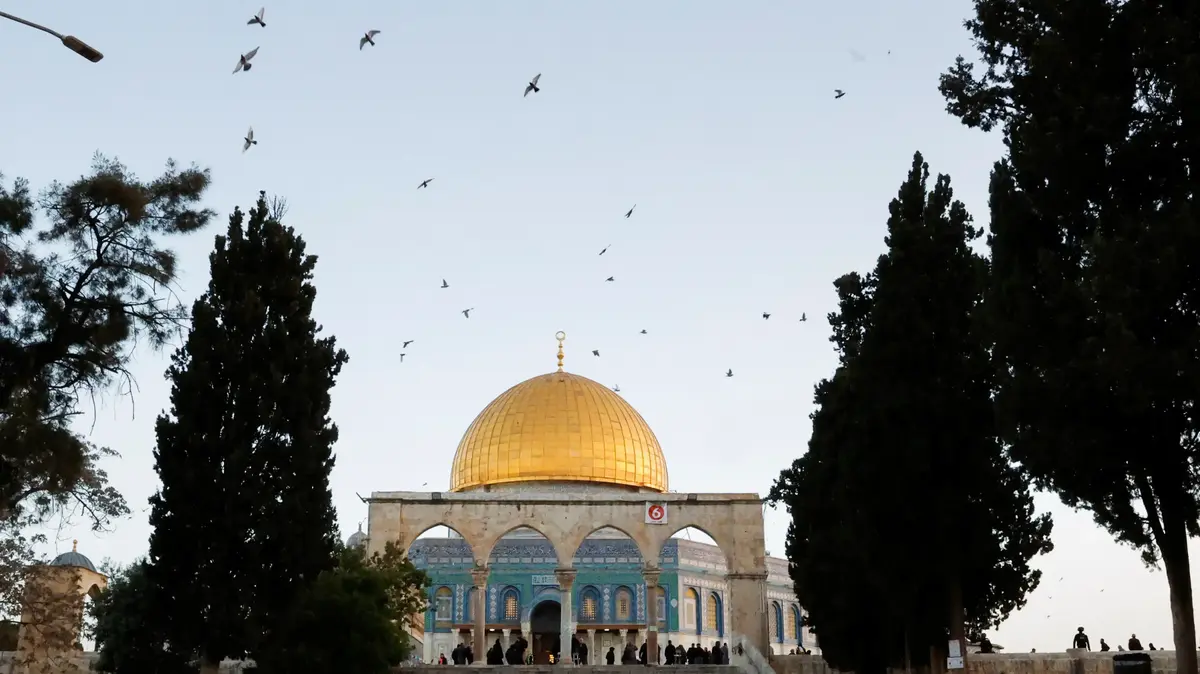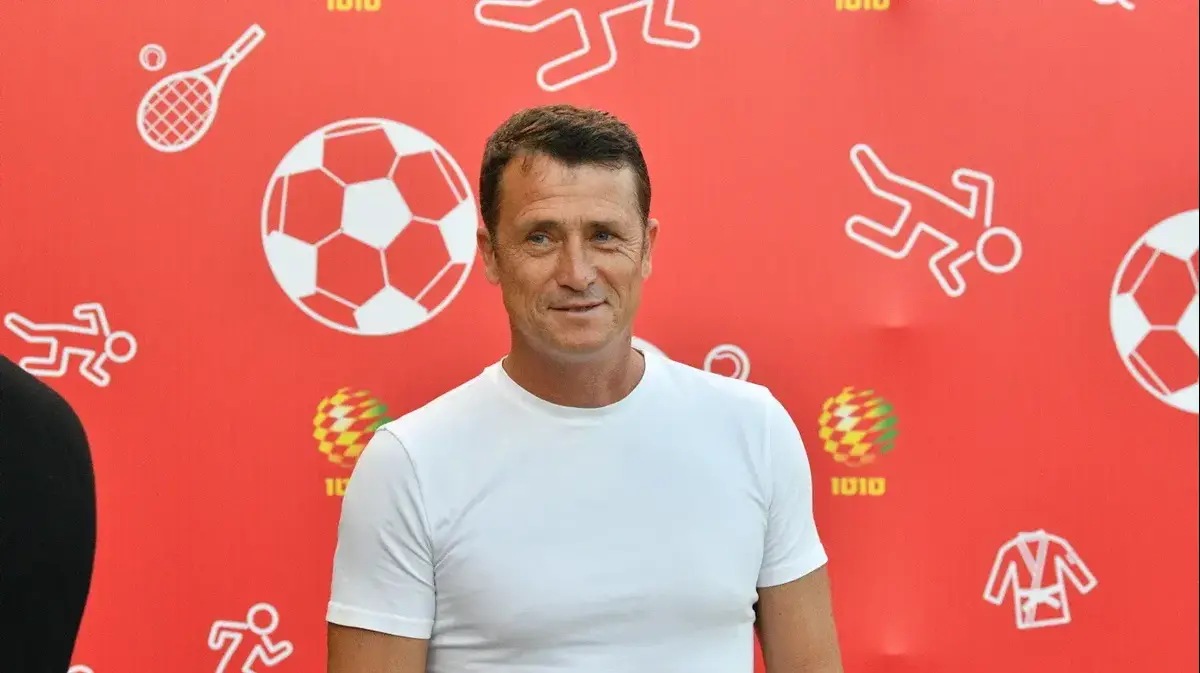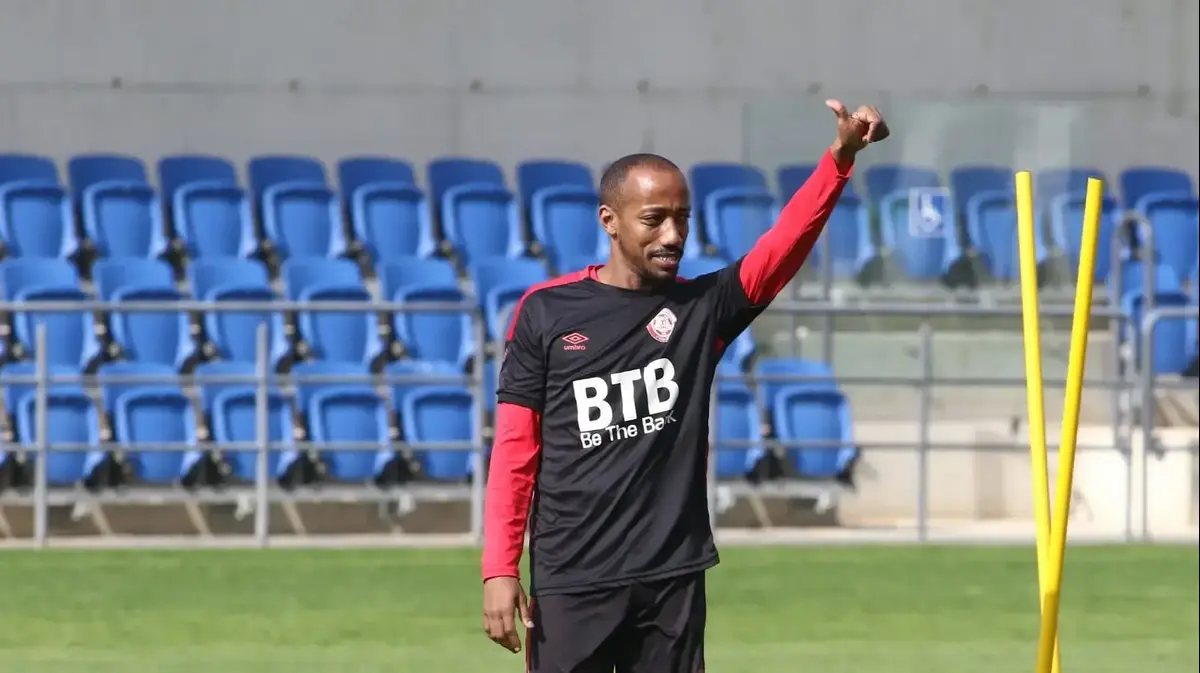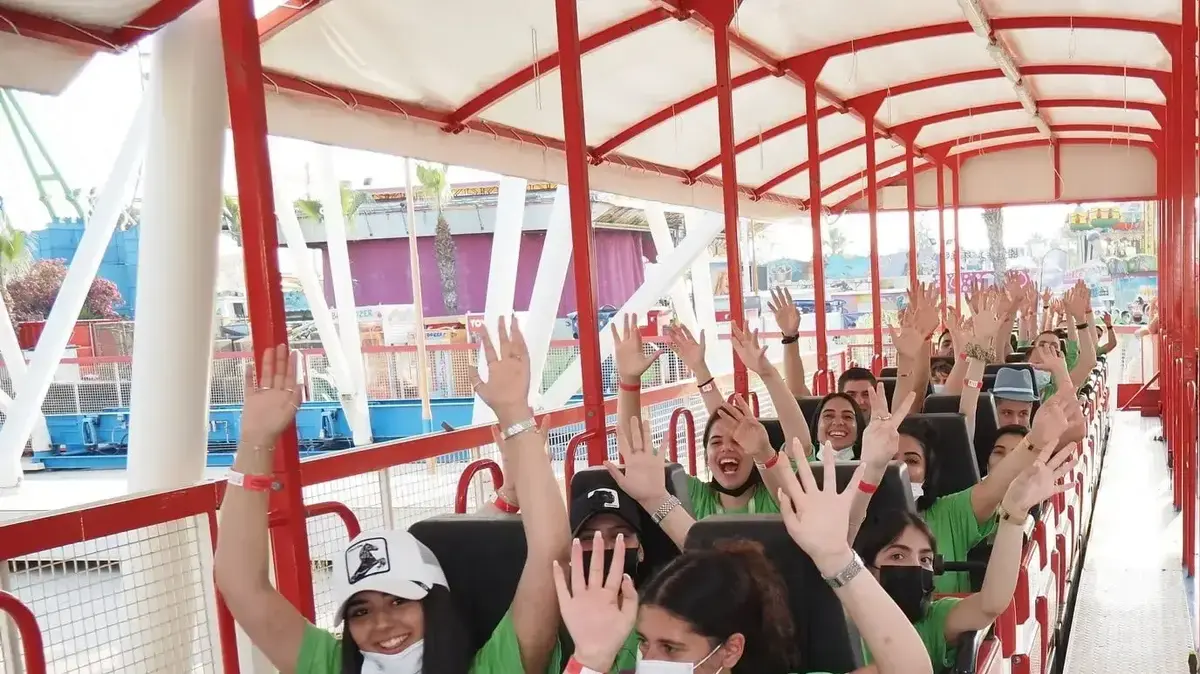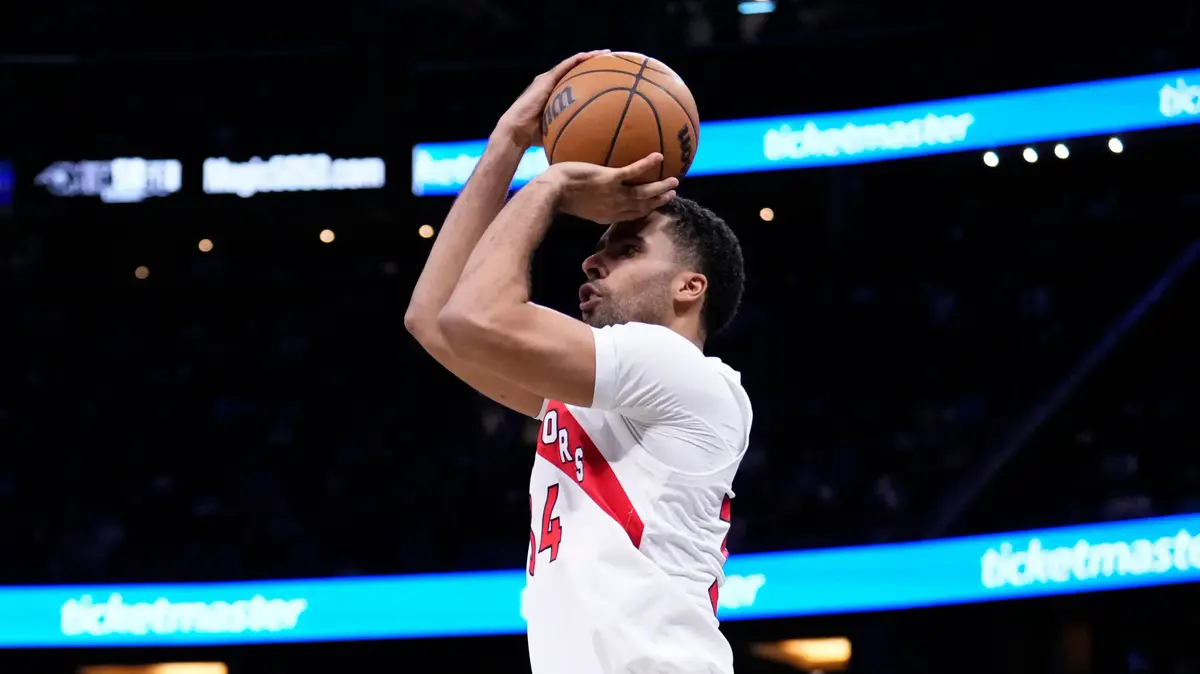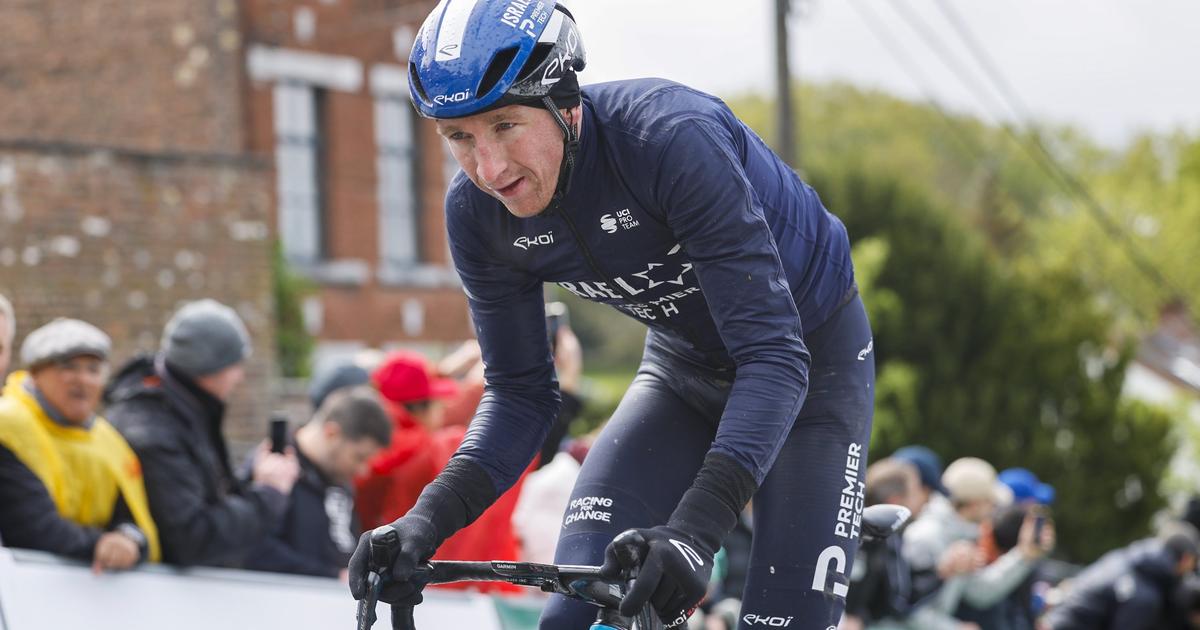"I was supposed to be the first Arab in Betar Jerusalem"
"I would go to the Mahane Yehuda market, Betar fans gave me a hug of honor ... I won against them in the derby and they shouted 'Ali is dead, Ali is dead.' And the one that was missed and could change the annals of Israeli football
Asher Goldberg
21/04/2022
Thursday, 21 April 2022, 01:03
Share on Facebook
Share on WhatsApp
Share on Twitter
Share on Email
Share on general
Comments
Comments
1974/5 was a weak season for Betar Jerusalem, which fought against relegation.
They were looking for a purchase brake and invited me for a call to make history, to move to them.
Everything was agreed, a good deal for a long-term contract.
I only had one request from them - that the appeal and offer to the managers of Hapoel Jerusalem be made from them.
They did turn and want me, but Hapoel Jerusalem and the Hapoel Center imposed an unequivocal veto.
If I had an agent then as is customary today, I would have progressed on the issue of Betar Jerusalem "otherwise."
Ali Othman was the first Arab player in the national league (today the Premier League) and in the Israeli national team, but this milestone could have been doubled and multiplied, perhaps even one that would have changed the wings of the history of the Israeli football world.
"The fans of Betar Jerusalem were not then like those of today.
As a player I would come to their stronghold in the Mahane Yehuda market, where 95 percent were their ardent fans.
They respected me, asked how I was and gave a hug of respect.
Even today my visit there is 'Hello and how are you'.
It is clear that during the Jerusalem derby games, the curses towards me were heard and echoed everywhere.
Maybe if my transition was perfect then, things today would look and sound different.
The history of the first Israeli Arab in Betar would have created a different atmosphere to this day. "
From the great symbols.
Ali Othman (Photo: courtesy of the photographer)
Ali Hussein Othman was born on August 8, 1952 in Beit Safafa.
Today, at almost 70 years old, married plus 3, Othman is a retiree of the Jerusalem Municipality, where he served for years as a football sports coordinator and is now a volunteer working at a football school in his hometown.
He is responsible for the arrival of most of the players from the sector to Hapoel Jerusalem in recent years.
The current generation hardly knows the story of the village of Beit Safafa.
"In 1948, the village was divided into two, half to the State of Israel, half to the Kingdom of Jordan. In the center of the village was a large fence that separated the residents. "Geulim", the distance from the village on foot was far and I went to study at the "Masada" school in Katamonim. "
How did the issue of football and the move to Hapoel Jerusalem begin?
"We had a sports community center in Beit Safafa in the village that was invited to participate in the Jerusalem championship at Katamon Stadium.
Mordechai Cohen, who coached boys at Hapoel Jerusalem, watched me and invited me to practice.
When I got to training they showed me a huge pile of old soccer shoes and asked me to choose the first shoe for myself, it's unforgettable for me.
At the age of 14 and a half I was already on the youth team, after being seen in early adult games between boys teams, red against white.
In my youth, I met Avi Alkobi, Arieh in the heads of Haim Hadad and Eli Levy, who later graduated. "
Huge history.
Ali Othman with Rifat Turk before a league game in Bloomfield in the 1970s (Photo: Aryeh Kanfer, from the book "First Half" edited by Uri Sheretzky and Berni Ardov)
On the way to graduates, he has a conversation with Eli Ben Rimoz, a great Hapoel Jerusalem player for generations.
"Eli was a youth idol, a footballer that I admired and was excited to be with him on the same field in training. So it was customary on Thursdays to hold training games between the seniors and the youth. I played as a front brake, my job was to keep Ben Rimoz. "Do not make glitches on me. You will be an excellent brake in the seniors." I got the confidence, I could not fall asleep that night. "
Tell about your first game.
"The coach who raised me to the seniors was Musi Litvak, but Avraham Menchel gave the team shirt in Katamon against Samson Tel Aviv alongside the huge brakeman Leon Azoulay. The task was to keep the great conqueror Moshe Kish Romano. Azoulay encouraged me, I heard the cries of 150 residents "The village that came to the game. I received a score of 8 in the newspaper. In those days, people would talk and get excited about the ability scores in the newspapers."
"When I came to Secretary Aryeh Baruchieli to ask for the money, he told me 'if you get the pounds you deserve now, then what will happen? You will just waste. Wait patiently'."
And what happened next with your salary?
"I got along through football, built a beautiful house in a cedar house, bought a car and had a respectable wedding. Thank God, I'm fine."
"He never stopped crying to the judge every time I touched him."
Shia Feigenbaum (Photo: From the book "First Half", photos by Aryeh Kanfer, edited by Uri Sheretzky and Berni Ardov)
In 1972 came his big disappointment, in the state cup final.
"The big story began in the semi-final against Maccabi Tel Aviv. 0: 0 draw after 120 minutes and our dramatic decision on penalties, we won 6: 7. In the final at Ramat Gan Stadium, we lost to Hapoel Tel Aviv 0: 1 from Feigenbaum's goal. We played without Ben Rimuz who Conflicting with the management, the pain between the players was enormous. "
"Yes, he told me and my fellow players that maybe in order to lift the mood that next year we will raise the State Cup to Jerusalem, I believed him that it would be so, he is the president of the state.
"
Indeed, he celebrated a trophy.
"June 1973 in Bloomfield, the final against the powerful champion Maccabi Ramat Gan. We finished the season in third place with the wonderful coach Amatzia Levkovich. "0: 2 and a 0: 1 loss. In this final, Zion Turgeman and Ben Rimoz have already played. Exiles from Turgeman and Nahum Ta Shema made history."
How did they celebrate winning the trophy then?
"For a generation that does not know, the road to Jerusalem passed through the city of Ramla, where hundreds of fans stopped for a celebration and great singing in advance. Later this week there was a victory party in the hall in Jerusalem, we went on stage and had unforgettable hours."
Because of a stupid move he did not get to the Asian Youth Championships in Bangkok.
"I was on David Schweizer's squad in 1972, I was invited to a festive game in the village without a permit. I was injured, suffered a meniscus injury and did not experience our win. We defeated South Korea 0-1 in the final. My disappointment and stupidity that I do not forget to this day."
Schweizer did invite him to the senior team, on a tour of the United States, thus becoming the first Arab to play for it.
"It was a great honor. I recorded a single game against the English team Stoke. In the 1970s we had a long line of excellent brakes - Zvi Rosen, David Primo, Avraham Lev, Haim Bar, Alon Ben Dor, David Carco, Hajjaj, Yohanan Wallach "And it was very difficult professionally to get into the starting lineup."
Who was tougher, you or Yitzhak Jano from Betar Jerusalem?
"Obviously Jano, no doubt. I played hard, with the body but hardly injured players. There was one collision with John Wallach, a long treatment on the grass, I stayed and he got off a stretcher for treatment, it was an unintentional injury."
And there was also a story with the German Düsseldorf that led to a rift with Hapoel Jerusalem.
"Amatzia arranged a training camp for us in Düsseldorf next to the Mönchengladbach team. Düsseldorf defeated us quite easily. In the evening representatives of the team came to the hotel and they said that the professional team was enthusiastic about me and the result did not interest them. To do no action in front of me on the ground and in the air. He claimed that he did not encounter such a strong and committed brake. I approached the management and asked them to summarize my move financially. The management refused all my requests and pleas. I could have done without football. "
And of course, there were the derbies.
"In the 1981/2 season, I scored an own goal after removing a bad height ball from a kick by Shlomo Kirt. Later, I scored a great equalizer and the shouts 'Ali is dead, Ali is dead' were heard in the Betar stands.
"Our striker Boker scored the winning goal and the joy was as great as in the state cup."
In 1982/3 he left for Maccabi Shefar'am.
I returned for another two years at Hapoel Jerusalem. "
Then Nahum Stelmach brought you to Betar Ramla.
"Yes. An Arab player who plays in Betar without any problems and interest from fans."
Who were the best strikers against whom you played
? "Every time I touched him he went to cry to the judges."
Where are the other people?
Othman with Michelle Dayan (Photo: courtesy of the photographer)
And finally, he has a few more anecdotes.
"We played against Bnei Yehuda, who had to win so as not to get involved. At the entrance to the field there was a fan laying a cigarette on Shlomo Mahtabi. Our locker room was on the top floor, and fans were sitting on the roof. To bring him back. Ehud Ben Tovim won and decided.
"Another amazing story was in Bloomfield against Maccabi Tel Aviv.
Vicky burst a huge ball into between the crossbars, a stunning goal.
The ball splashes out of the iron.
Our defender Alkobi caught the ball in his hand.
The referee was in shock, did not see the goal and did not whistle.
I hit the ball and went on, it was a rare mistake to score both a goal and a penalty. " At the age of 37 and a half,
Otman
decided to hang up his shoes and retire from football. We could not avoid a single wish to finish.
Israel.
"It really hurts hurts me very much. I condemn, condemn, condemn it. I see darkness in my eyes, let live quietly."
sport
Israeli soccer
Super League
Tags
Ali Othman

